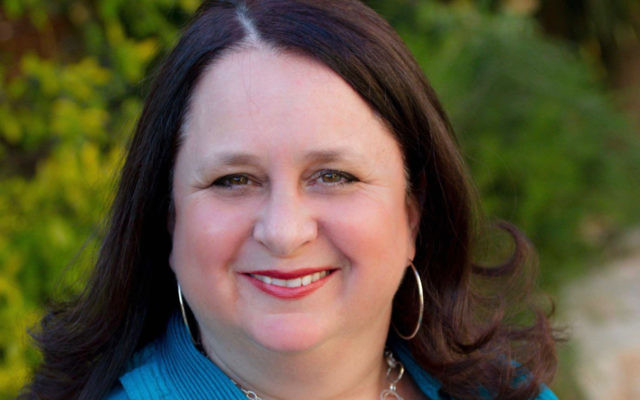Elana Sztokman: Jewish, feminist and Orthodox
“JUDAISM is still a very patriarchal, sexist religion, which is based on ideas of gender difference and female servitude ... Judaism is still mostly a men’s club.”
“JUDAISM is still a very patriarchal, sexist religion, which is based on ideas of gender difference and female servitude … Judaism is still mostly a men’s club.”
Dr Elana Maryles Sztokman has engaged with the Jewish Orthodox feminist movement for over 20 years and speaks authoritatively on the issues facing Jewish women, especially in Israel, where she now lives.
She has been touring Australia with the National Council of Jewish Women of Australia (NCJWA) this month offering her insights into Jewish Orthodox feminism and related topics.
Sztokman first encountered the Jewish Orthodox feminist movement in the mid-1990s, around the time she moved to Israel from America, when she was working for a women’s organisation helping young mothers.
“In that context, I met an agunah … who was really struggling – emotionally, economically, physically,” she told The AJN.
“She had a terribly abusive husband, and was dealing with a legal system that did not recognise agunot as needing special attention.
“That was shocking for me. I had never witnessed those dynamics close up.”
Sztokman worked with a group of women who formed an organisation called Mavoi Satum (The Dead End) to help agunot.
“That was my first real intense work with trying to change the lives of women within the halachic system.”
Delving deeper into Jewish feminist literature was, she says, life-changing.
“It was the first time that I felt that there was a network, a movement of women with whom I shared ideas. It gave my experience a name … and it set me on my path.”
Since then, Sztokman has become a leader in the Orthodox Jewish feminist movement, including through her work as the founding director of the online Jewish feminist learning forum Centre for Jewish Feminism, and previously as executive director of the global Jewish Orthodox Feminist Alliance.
She is also an award-winning author.
In her most recent book, The War on Women in Israel, Sztokman analyses the situation for, and the treatment of, women in Israel.
Speaking about the challenges these women face, she first points to “the many ways that a religiously backed state apparatus controls women’s personal status”.
“It isn’t just marriage and divorce, but also issues like mikveh, a topic that is finally coming to light in Israel, about the many ways that the religious establishment controls women’s bodies, even when women stand naked in front of a stranger in order to fulfil requirements for registering to marry.”
She describes the “intricate democracy-defying relationship between power and religion in Israel” as “without a doubt the greatest threat to Jewish women’s lives in Israel today”.
She also argues that women are economically disempowered: “This is not just about Jewish women but about all women in Israel, who make about two-thirds of what men make. Arab women, Mizrachi women and Orthodox women make even less.
“The causes of women’s economic disempowerment are cultural and political. Israeli culture is replete with antiquated notions about women’s roles in the family and home, attitudes that directly impact the advancement of women in the economy.”
Further, Sztokman points to the absence of women with decision-making power in relation to the Israeli-Palestinian conflict.
“Following the 2014 Gaza war, there were no women around the table negotiating a ceasefire. Not one.
“No wonder we’re at a standstill. If you ignore 50 per cent of the population, you lose out on 50 per cent of the creative ideas and solutions.”
Turning to the efforts that the individuals in the Orthodox Jewish feminist movement around the world are undertaking to improve the lives of Jewish women, Sztokman is particularly proud of her involvement in creating the “partnership minyan”.
This refers to Jewish groups committed to maximising women’s involvement in religious services within Orthodox halachic boundaries.
“Jewish life so often revolves around synagogue, so to have synagogue communities where people can cultivate their feminist consciousness among like-minded people – that is potentially a really powerful thing.”
She also praises the courage of the women being ordained as Orthodox rabbis (using titles such as Maharat, Rabba or even Rabbi) today, primarily in America and Israel.
“Nobody in Orthodoxy ‘allowed’ it,” she explains. “It’s that the women who wanted to become rabbis decided to let go of the fear and just keep pushing forward.
“I believe that people who have courage tend to win history. You have to take the historical view on this issue.
“In 100 years’ time, what side will you have been on?”
ELENORE LEVI


comments